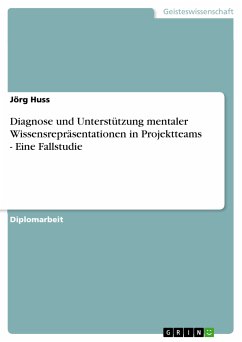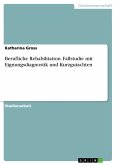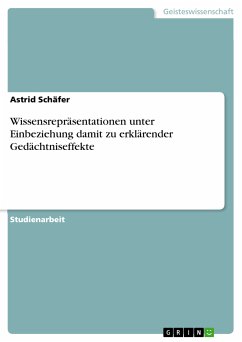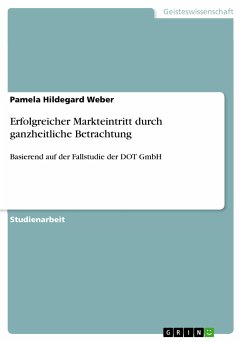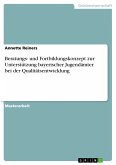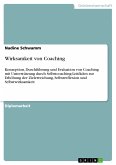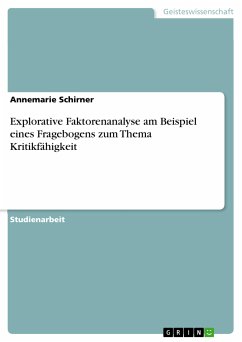Diplomarbeit aus dem Jahr 2003 im Fachbereich Psychologie - Arbeit, Betrieb, Organisation und Wirtschaft, Note: 1, Technische Universität Berlin (Institut für Psychologie und Arbeitswissenschaft), Sprache: Deutsch, Abstract: The presented case study is based on the intention to elicit, to illustrate and to match mental representations of knowledge in real project teams. An especially designed procedure is composed of four stages. At the beginning context-specific instruments were developed in close teamcooperation. At the second stage a resulting questionnaire was used to elicit team-specific knowledge. In addition, a structure mapping technique was chosen to extract project-specific knowledge. When the third stage followed the diagnosis an individual feedback of aggregated data was given. During jointly feedback sessions at stage four the elicited representations were reflected and similarities educed. The consequential changes in individual mental representations were examined by using a post-test. The questionnaire about team-specific knowledge was proven sensitive to group effects of institutional and hierarchical membership. For both instruments the inter-rater reliability is suggested to be a criterion for the degree of shared mental representations. Additionally, change effects were found in terms of more homogeneous represented knowledge units. Team climate was chosen as an additional criterion for success of the team development process. Measured by the Team- Climate-Inventory an improvement of team climate over the whole development cycle is established.

